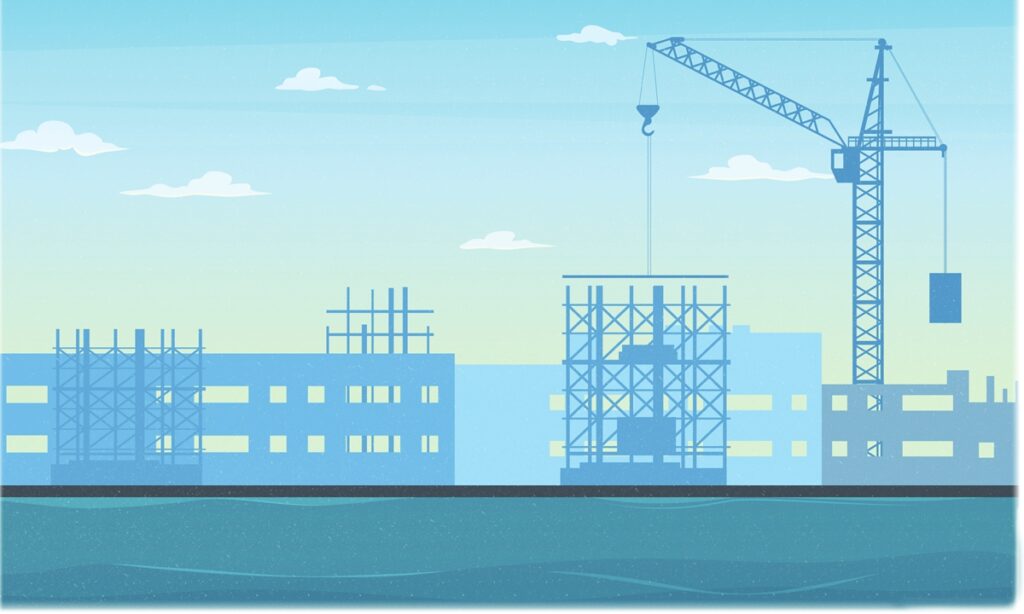When disclosing that China’s finance minister and its central bank governor will attend a roundtable with other creditors and some borrowing countries in February in India, IMF Managing Director Kristalina Georgieva said in a CBS interview on Sunday that “China has to change its policies because low income countries cannot pay,” according to Reuters.
It is true that many developing and emerging economies are at growing risk of default after being hit by a strong dollar, high inflation, slowing global growth and the pandemic. In particular, a strong dollar, which has caused indebted countries to face a significant increase in the cost of servicing their debts and a reduction in foreign exchange earnings, has now become a problem that must be solved as soon as possible, otherwise more countries will fall into debt crisis. Yet, China’s willingness to make due efforts to alleviate the debt distress of developing countries does not mean that the IMF or the West can force China to accept Western rules or conditions on debt relief.
In recent years, whenever it comes to the debt relief problems of developing countries, some Western institutions and US officials have never got tired of taking the opportunity to pressure China as they claimed that China has become the world’s largest government creditor to the developing world. The irony is that in the past when some countries were caught up in debt-servicing crises, the West never criticized creditor countries that provide the loans. But now they are increasingly accustomed to accusing China of not doing enough in relieving debt burdens for developing countries as if write-off by China could make all the problems disappear.
A misleading focus of the debt problems won’t do any help for the developing world in need of help. Indeed, even as China has become an emerging creditor and outbound investor, the developing world’s main creditor remains the West. This is because Western countries usually offer loans through the World Bank, the IMF, and even commercial banks in the name of private debt or non-sovereign debt.
In the case of the external public debt of Sri Lanka, the World Bank, the Asian Development Bank, and financial institutions in the US and its allies hold about 80 percent of Sri Lanka’s $51 billion worth of external debt, while China’s share is less than 10 percent. Also, according to a report by Britain-based charity Debt Justice, African governments owe three times more debt to Western banks, asset managers and oil traders than to China, and are charged double the interest.
It is clear that Western multilateral financial institutions and commercial creditors should take a greater responsibility in reducing the debt burden for the developing world, and whether or not China writes off its debt should not be an excuse for the West to shirk its primary blame.
In fact, China has been making due contributions to alleviating debt problems for developing countries. For instance, in January, the Export-Import Bank of China (EXIM) provided Sri Lanka with an extension on the debt service due in 2022 and 2023, which means Sri Lanka will not have to repay the principal and interest due of the EXIM’s loans during the above-mentioned period. In August 2022, China canceled 23 interest-free loans to 17 African countries.
It is important to note that when it comes to measures aimed at helping relieve debtor countries’ debt repayment pressure, China doesn’t attach any political demands or condition to its assistance, which is one of the biggest differences from other Western creditors. The main reason why the IMF’s recent negotiations with some debt-ridden countries over financial aid have stalled is that it proposed some additional conditions that are hard for debtor countries to accept. Pakistan Prime Minister Shehbaz Sharif said on Friday the IMF was giving his country a “tough time” over unlocking stalled funding from a $6.5 billion bailout, noting that “the conditions we have to fulfill are beyond imagination,” Reuters reported.
The issue of debt in developing countries is a long-standing and complicated one, and the fundamental solution is to assist and support these countries in enhancing development capabilities to realize better growth. Therefore, we hope that developed countries and major international financial institutions will also pay attention to the development needs of developing countries when offering debt relief to them. In particular, financial institutions such as IMF should allow debtors to make their decisions about how they will use the loans, rather than imposing compulsory Western standards.
(Global Times)




